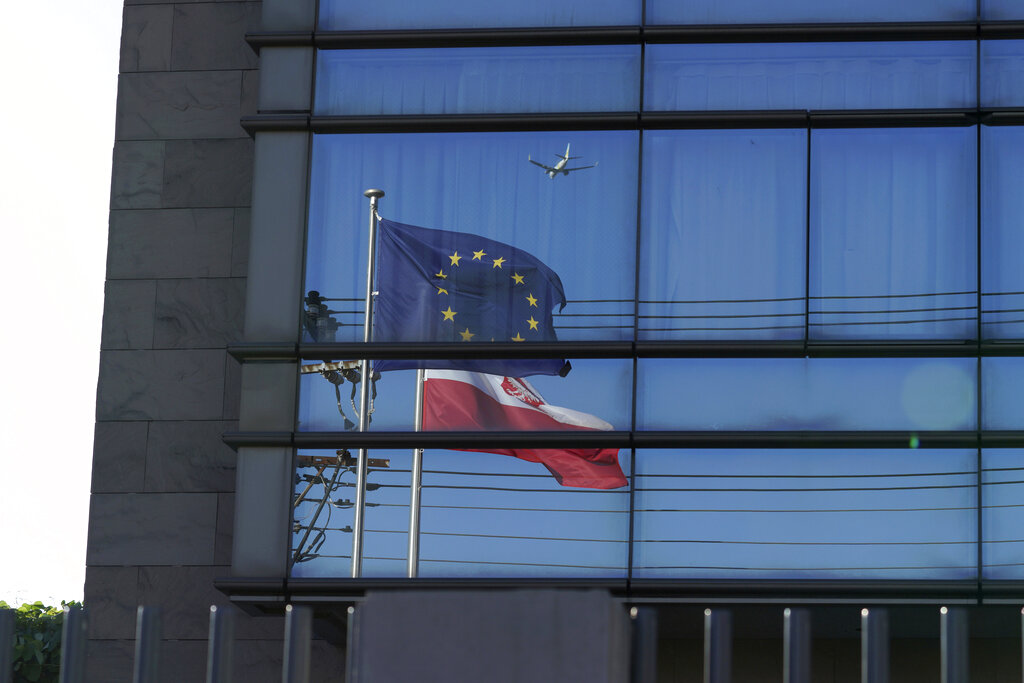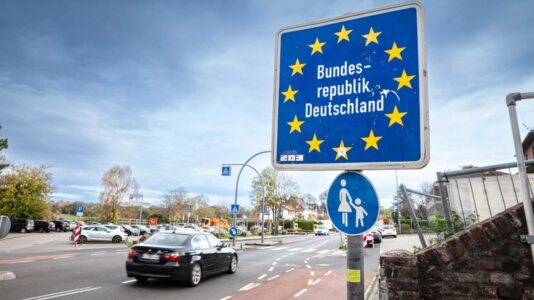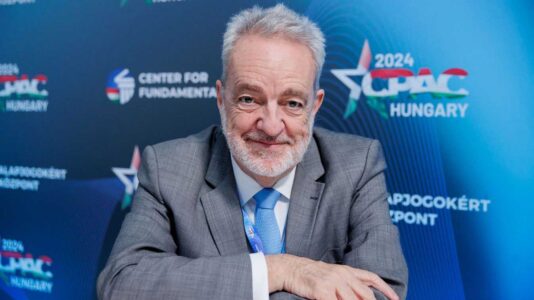The prominent economist and historian, prof. Wojciech Roszkowski, argues that the European Union Poland joined 20 years ago was a different entity, to what had been envisaged by its founding fathers. It is no longer an economic community, but one in which institutions have been hijacked by the most powerful countries, which are beginning to impose their will on the member states. By the time Poland joined in 2004, the EU was already centralizing, and this trend has only accelerated in the last 20 years.
“Over the years, we have observed the federalization of this institution under the leadership of Berlin, a sort of Germanization — an increasing number of committees and EU institutions are staffed by German citizens or people strongly associated with this country,” Roszkowski told Catholic news outlet Opoka.
Moreover, the EU has cut itself off from its Christian roots, set so firmly by Robert Schuman. Now, it is the Italian communist Altiero Spinelli, the Eurofederalist, who seems to be the guiding light, says Roszkowski. This means that Europe has lost its Christian identity and has embarked on a cultural revolution that questions the very notion of the family and of there even being men and women.
“Assertion of Christian beliefs and values is now tantamount to being a crime and is often censored,” says the professor.
In his view, the fight against the Catholic Church undertaken by the communists in Central Europe after the war is now being continued, and large parts of the Polish establishment and intelligentsia have adopted those communist values and hatred towards the Church. Prof. Roszkowski noted that certain sections of Polish society are hostile to traditions of Polish statehood and Christianity, and that they are being radicalized by the ongoing cultural revolution in Europe.
The professor said he observed that this is no longer an attempt to question just some Polish characteristics but a rejection of Polish tradition as a whole and the questioning of the existence of a distinctive Polish national interest.
“The establishment keeps warning about fascism and nationalism, both of which are totally marginal in Poland. Defining one’s own national interest and historical narrative has nothing to do with extremism and is essential for Poland to continue as an independent state,” he said, warning that the hostility towards Polish statehood is dangerous because it could mean that people will no longer want to defend the state if it is attacked.






